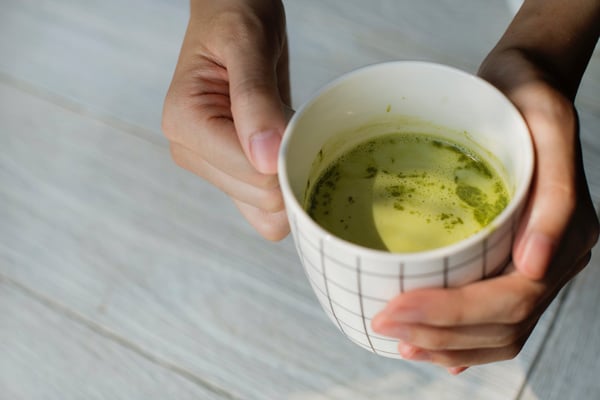
Blog
Keeping up with Kratom Blogs
Find the latest kratom news in our comprehensive article library. Everything from kava to kratom to scientific research and studies can be found in our archives dating back to 2012. Not finding your topic? Use our convenient search bar on the right side of our kratom blog to comb through our vast amount of information to find what you’re looking for.


Kratom Strains Guide: Types of Kratom & Location Strain Chart

Egyptian Blue Lotus Flower – History, Health Benefits, & Effects

Does Kratom Cause You to Dream? Does It Impact Sleep?

What Is Kratom Tea? How To Make Tea & Effects

Kratom And Coffee: What Do The Two Have in Common?
Learn the entire history of kratom through our curated articles and soak up tips on how to choose the best strains, blending strains, safety, and more. Keep up with our latest posts in the Recent Posts section underneath the search bar. Or, choose categories you’re keen on learning more about in our Blog Topics section next to our Recent Posts
Our passion for providing high-quality, fresh kratom through the same individual growers allows us to provide reliable and reputable products and is the reason so many come to Kratora for trusted news. We’ve been sourcing kratom from the same growers since 2013 to match the expectations of our customers, and we are dedicated to the information we provide in our kratom blog.
The experience we have with kratom capsules, liquid kratom, kanna extract, and other ethnobotanicals informs our writing to provide authentic and reliable information. It allows the history of kratom to come full circle, from growing to our shop.
Our kratom blog is curated by professionals with hands-on experience in the industry and a depth of knowledge about everything kratom. After you’ve done your research, head over to our store to buy kratom products as well as our high-quality kratom alternative products.
Check out the information on the Kratora blog and shop now to get same-day shipping on all orders submitted before 3 p.m. Eastern Time Monday through Friday, and all orders submitted before 1 p.m. Eastern Time on Saturdays (excluding holidays)!